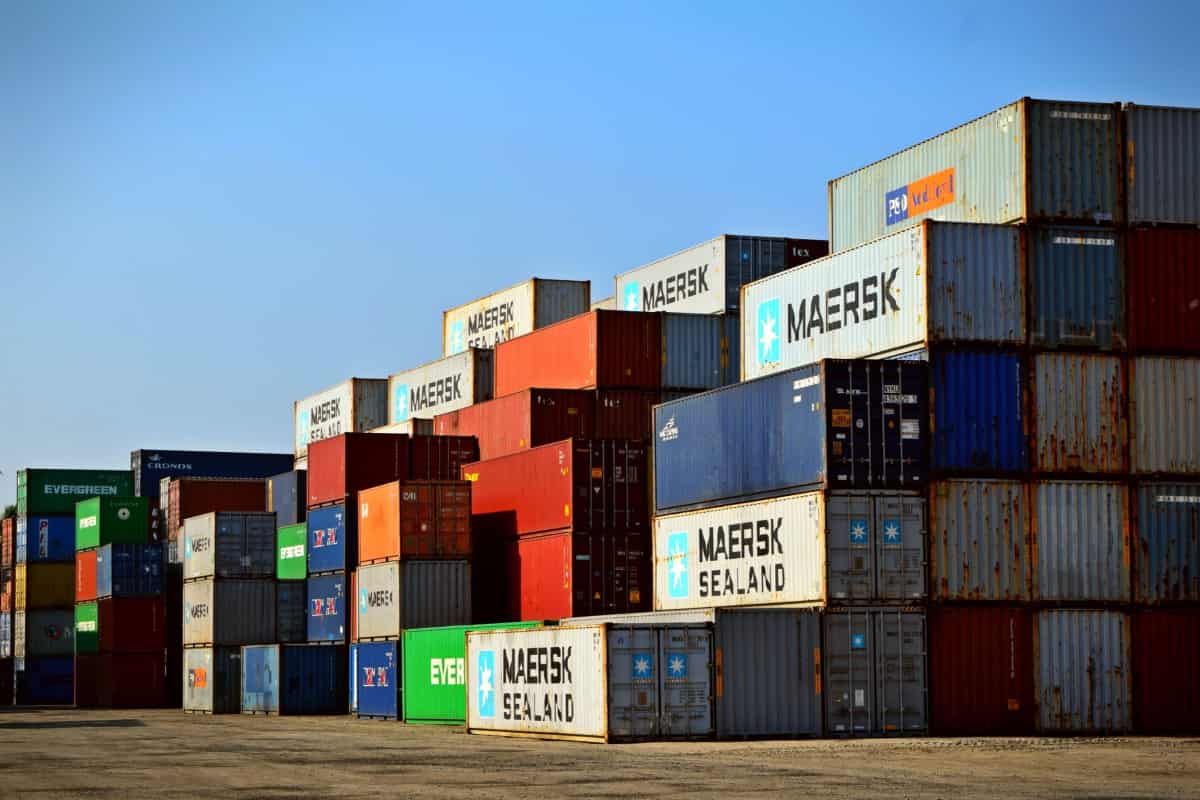There are certain rules and procedures to follow when exporting products for your business. In particular, exporting from China to the United States requires diligent planning. However, it’s possible to do this successfully when following the right plan. Below, we break down several tips for Australian businesses when exporting products from China to the United States.
What do businesses export from China?
China is a hub for business export. In fact, several jobs exist purely in managing the exportation of products from China to various countries, particularly for electronics. A 2016 study found that the greatest amounts of goods exported from China include:
- Computers.
- Broadcasting equipment.
- Telephones.
- Vehicle parts.
- Integrated circuits.
- Furniture.
Due to the extremely cheap cost of creating goods in China, it is often cheaper for companies to export products created there than to build the products themselves. Therefore, companies need to be informed of certain tips and practices when exporting products to ensure they maximise profits whilst obeying the relevant laws.
Tips for exporting
Exporting can expose you to new products, ideas and management techniques. In addition, it allows you to expand your business and reduce dependency on the domestic market. An International Services Agreement can help mitigate the risks involved with exporting overseas.
Understand the relevant risks
Whilst exporting provides more opportunities, it also provides more risk. Exporting from China to the United States exposes you to international risks that you may not expect being based in Australia. The constantly changing regulations in the United States can potentially prevent completion of your export contract. Ensuring that the product exporting is legal in the United States and that you’re up to date with the United States policies can prevent your products being confiscated by authorities. If you fail to stay updated with the policies and rules regarding exportation, you could find yourself at a significant loss.
In addition, there are several significant differences between the law in China, Australia and the United States. Minor differences such as China being a civil law system whilst Australia and the United States are common law can impact practices and regulations in exporting goods. We recommend understanding the following aspects of law prior to engaging in export:
- Taxation laws.
- Revenue laws.
- Negligence laws.
- Dispute resolution mechanisms.
Failing to understand any of these laws before engaging in export could cost your company significantly in the long-run.
Intellectual Property (IP) Registration
IP protection is essential to ensuring that your business is protected in foreign markets. Whilst your IP might be protected in Australia, this won’t protect your property overseas. China notably has significantly different rules regarding protecting your IP than common law countries including Australia and the United States. It is recommended to familiarise yourself with your rights and government agencies involved across all three countries. This guide provides in-depth detail about protecting your IP in China.
Have an export strategy
Enforcing an export strategy allows your business to be certain of the reasons behind exportation. Whether the strategy is to reduce costs, realise product capability or to access new technology it is essential for all members of your team to understand the purpose of export. Having a clear export strategy allows your team to focus on pursuing your company’s goals.
Understand the culture
Let’s face it: you wouldn’t be comfortable with a foreigner attempting to do business in Australia without adhering to the local practices. Understanding the culture and customs when doing business can be the difference between establishing a long-term relationship or severing ties and ruining opportunities.
The Australian Trade and Investment Commission have released guides on cultural business practices worldwide. These guides outline tariffs and regulations, business risks and taxation laws for each country. Versions are available for both China and the United States.
Final thoughts
Exporting from China to the United States whilst operating as an Australian business can be a complicated process. However, it provides numerous opportunities including cheaper costs, access to new technology and can reduce your risks and dependency on the local market. For further enquiries and information on exporting products internationally, a business lawyer may be able to assist.





